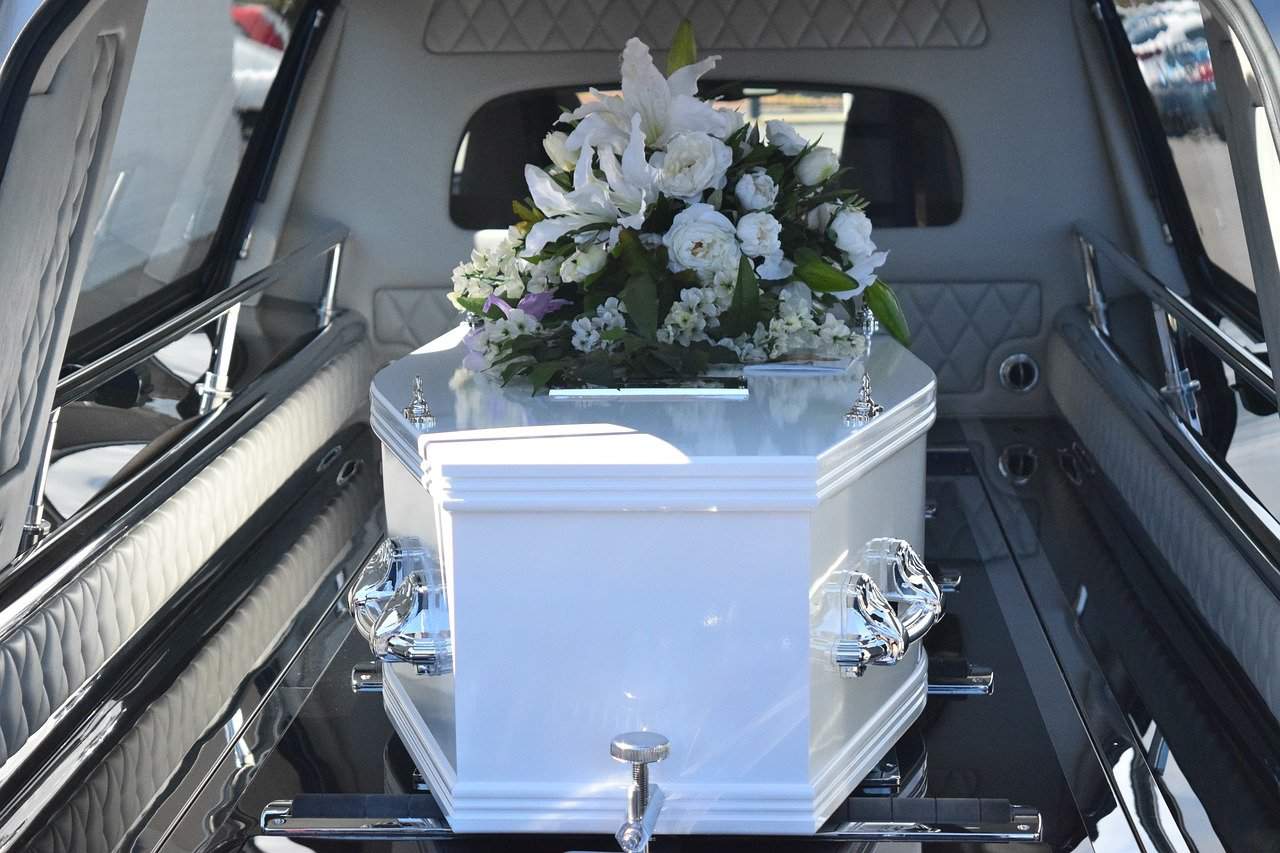Fortunately, fatal on-the-job injuries are relatively rare in Ohio. In fiscal year 2017, just 155 of 97,931 claims filed with the state workers’ compensation fund involved a death. When an employee is killed at work, or dies as the result of an on-the-job injury or long-term occupational exposure, workers’ compensation may provide benefits to surviving family members.
Death Benefits for Surviving Dependents
Death benefits to surviving dependents are paid out by the Bureau of Workers’ Compensation (BWC) every two weeks. The death benefit is generally equal to 2/3 of the deceased workers’ wages or salary, subject to a minimum and maximum weekly amount.
The BWC allocates the available benefit among eligible dependents. Most often, that means a surviving spouse and children under the age of 18. However, older children may be eligible for benefits if they are full-time students at an accredited institution or are physically or mentally incapacitated. Other dependent family members may also be eligible, such as parents who resided with the deceased worker.
The surviving spouse is entitled to lifetime benefits, unless he or she remarries. A surviving spouse who remarries while receiving benefits will receive a lump sum equal to the benefits he or she would receive over a two-year period. Then, no further benefits will be provided.
The workers’ compensation death benefit may also include funeral expenses, up to a limit of $7,500.
Accrued Workers’ Compensation Benefits
While death benefits are available only to certain surviving dependents of the deceased worker, accrued benefits are already owed to the worker. Therefore, payment of accrued benefits is not dependent on there being an eligible dependent. Then, the benefits are payable to the deceased worker’s estate.
That means the benefits will be distributed according to the terms of the deceased worker’s will. If the worker died without a will, the benefits – like the deceased’s other assets—will be distributed by the executor of the estate according to Ohio’s intestate succession laws.
There are strict deadlines to apply for accrued benefits. Therefore it is important to contact an experienced workers’ compensation attorney as soon as possible.
Our Workers’ Compensation Lawyers Can Help
In the wake of the loss of a loved one, legal processes are likely the furthest thing from your mind.
When you put your workers’ compensation claim in the hands of an experienced local attorney, you can focus your energy on caring for yourself and helping your family move forward.
If you have questions, contact Dworken & Bernstein to schedule a free consultation.







